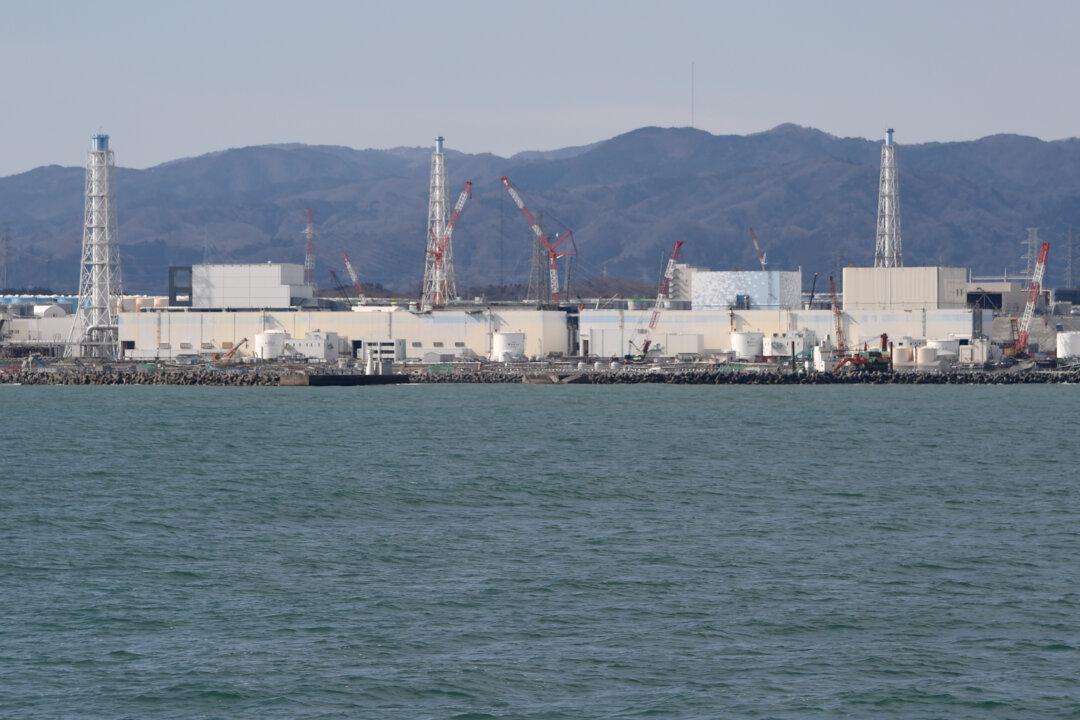Japan’s environment minister said the country will have to dump large quantities of contaminated water from the Fukushima Daiichi power plant, which was damaged during the March 2011 earthquake, because the facility is running out of room.
During the devastating earthquake and subsequent tsunami, three Fukushima reactors were damaged. However, by 2022, storage space will run out at the facility, the BBC reported.





